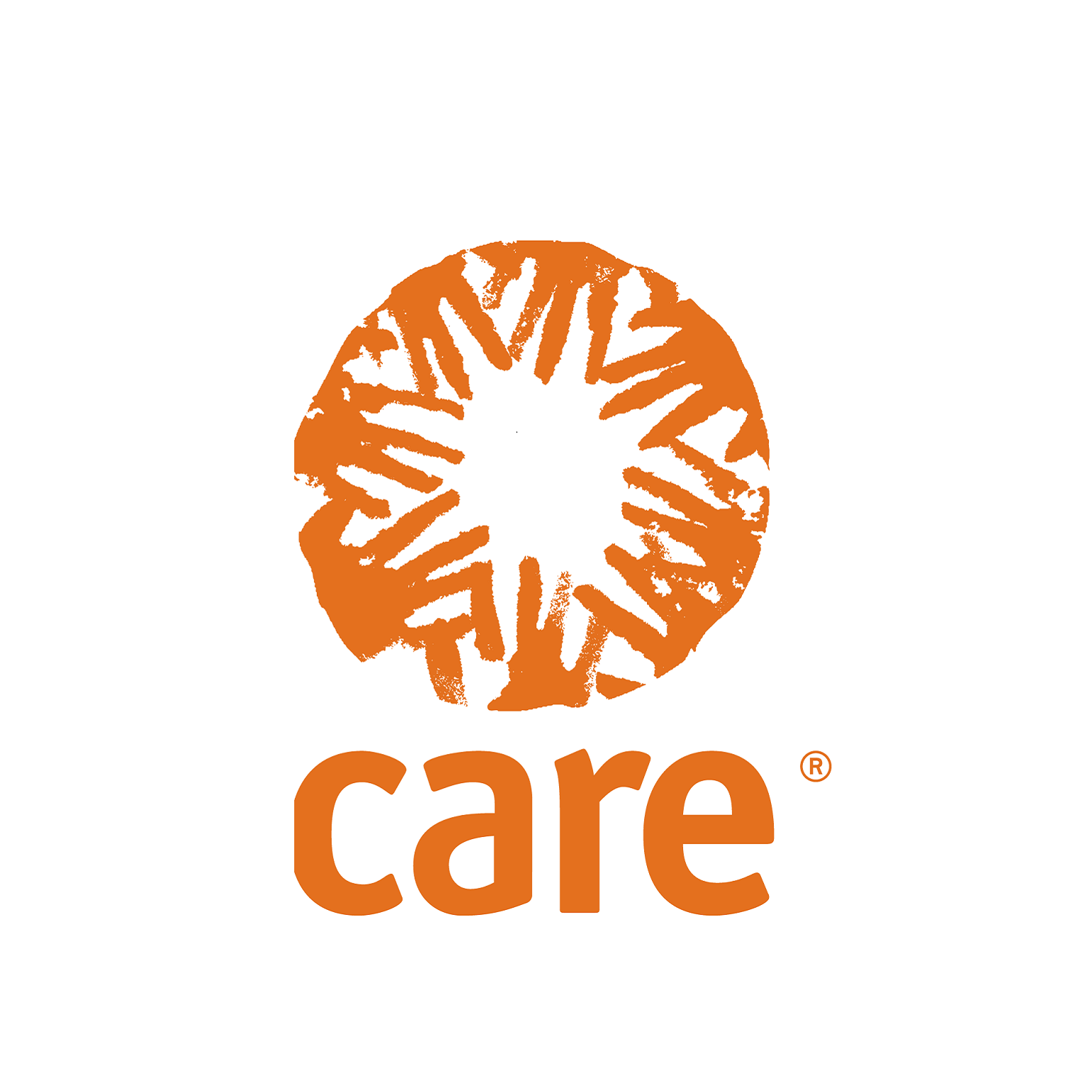Episodes
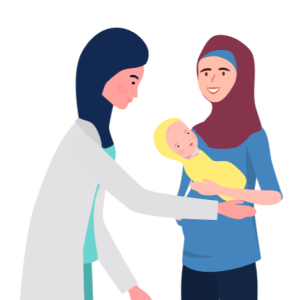
Wednesday Jan 03, 2024
A Magical Example of Adolescent Girls Leading
Wednesday Jan 03, 2024
Wednesday Jan 03, 2024
It's not easy or obvious to not only work with adolescent girls in crisis settings, but also to let them lead. But it is possible. AMAL currently operates in Syria, Nigeria, and Somalia, addressing the unique vulnerabilities of adolescent girls in crisis settings, such as early marriages and adolescent pregnancy. The program includes components like a Young Mother's Club, Community Dialogues, and a health provider curriculum to improve sexual and reproductive health service uptake and enhance participants' life skills. Our guest speaker, Pari Chowdhary, highlights the importance of relationship investments, continuous quality improvement mechanisms, and including adolescent girls in program design and evaluation. The final hope is for the program to be owned and run locally by the adolescent mothers themselves.
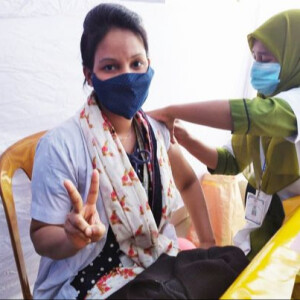
Wednesday Dec 06, 2023
There was no blueprint: trying to make COVID-19 vaccines fast and fair
Wednesday Dec 06, 2023
Wednesday Dec 06, 2023
Katharine Nasielski, Pari Chowdhary, and Brittany Dernberger talk about Fast and Fair-- CARE's work trying to get COVID-19 vaccines out to the world to meet the global deadline for 80% vaccination rates by September 2022. Advocating for funding and policy change, running programs to support vaccine delivery around the world, and trying to measure global to local impact are all places where we've learned a lot about what we need to do next time. Because like it or not, we need to prepare for a next time. Consistent investments in innovative, nimble, and adaptable are our best shot for future pandemic preparedness.
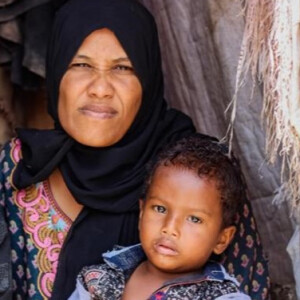
Wednesday Sep 06, 2023
It is possible: Savings groups in emergencies
Wednesday Sep 06, 2023
Wednesday Sep 06, 2023
Natacha Brice--who runs CARE's work on Village Savings and Lending Associations in Emergencies (VSLAiE)--wants you to know two things about doing group savings in crisis settings: 1) It is possible, and it will have big impacts; 2) it's going to take a lot of hard work to do it right. You can build capital in crisis, which changes how we think about both our long term programming and our emergency response. There's a lot we've learned on the journey. Thanks to Beja Turner for hosting!
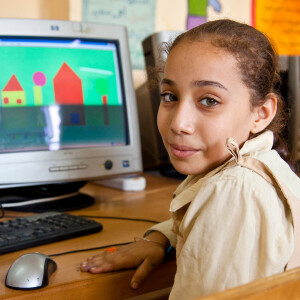
Monday Mar 06, 2023
Why Resilience Beats Sustainability
Monday Mar 06, 2023
Monday Mar 06, 2023
Sustainability fails because it assumes progress is a straight line, and things will always be getting better. Gloria Steele talks about why our thinking about how COVID, climate change, and conflict show us that we need resilience, the ability of people and systems to bounce back. Sustainability is continuing to do what others define as progress. Resilience is being able to choose the path that works for you. What's an example of resilience? Refusing to allow gender norms to define who has capacity, and what capacities they have. Another tip she has is "we are only as good as we are able to learn."
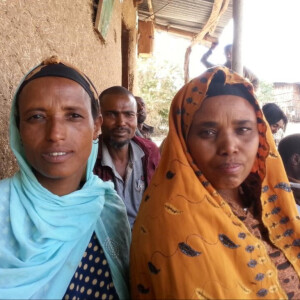
Tuesday Jan 10, 2023
Perception is Everything
Tuesday Jan 10, 2023
Tuesday Jan 10, 2023
When you're leading a change to have more equity in your staffing practices, people who hold privilege will feel that they are losing power, no matter what the data says. You also don't usually get to such a profound organizational change unless you REALLY have a problem. Listen to Esther Watts talk about how CARE Ethiopia had to change it's policies and practices so the staff was no longer 26% women--the worst equity rate of any office in the CARE federation, and what they had to do to get there. Diversity makes a difference, and you have to have a lot of courage to get there. Esther's advice? "go go go. Stand by the courage of your convictions."
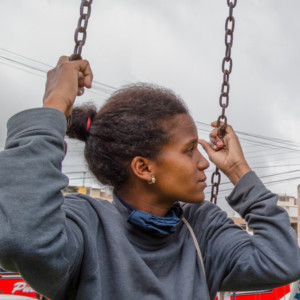
Thursday May 26, 2022
The Chance To Choose Something Different: Crypto, Cash, and Refugees
Thursday May 26, 2022
Thursday May 26, 2022
Monica Tobar and Ronald Picso talk about their experience working with cryptocurrency instead of cash to support refugees and host communities in Ecuador. Some key lessons? Just do it--don't spend all of your time trying to get everything perfect. Get lots of feedback--participants will tell you what's not working. Build more supply--get many vendors up to speed on crypto so people have choices about where to shop. Plan for training--it takes time to learn a new technology, especially in a crisis. Plan lots of time to support people in using and adopting a new tool, it won't happen overnight.
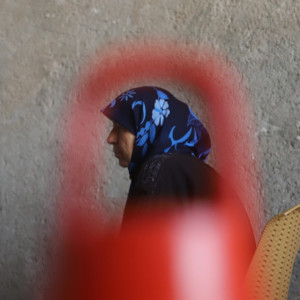
Wednesday Feb 16, 2022
It’s not a choice: Connecting Cash and GBV
Wednesday Feb 16, 2022
Wednesday Feb 16, 2022
Fe Kagahastian from CashCap’s Syria response and Reem Khamis from UNFPA talk about the importance of getting Cash practitioners and experts in supporting GBV survivors. Doing it wrong sets off all kinds of alarm bells, because if we do it wrong, we can hurt the people we’re trying to support. We need to speak “not necessarily the same language, but at least an understandable language.”
This podcast is produced in partnership with the Women's Refugee Commission and with support from the Swiss Agency for Development and Cooperation (SDC).
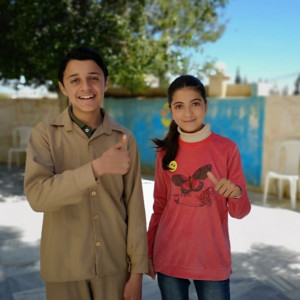
Tuesday Jan 11, 2022
Tuesday Jan 11, 2022
Nour AlSaaideh and Heba Abu Deyak reflect on what they learned doing cost efficiency analysis with the Dioptra tool. When they look at Conditional Cash Transfers for Education, cost is one metric, but it's not the only--or maybe even the most important one. Learn more about how we can focus on effectiveness AND efficiency so that when we lower costs, we don't compromise on impacts. Focusing on just cost runs the risk of creating programs that reach a lot more people without providing useful impacts in their lives. Do it well, and with some structure, can you can learn a lot about improving your programs.

Monday Dec 20, 2021
Designing Cash Programming to Reduce Gender Based Violence (English)
Monday Dec 20, 2021
Monday Dec 20, 2021
In this English version recorded based on translations from the original Arabic podcasts, Fatima Azzeh from CARE interviews Samar Karamo and Baraa Bobaki from IHSAN Relief and Development, who talk about what they've learned on designing cash programming so it supports and protects women facing gender-based violence. This interview his interview covers why cash is important, how to make sure we don't retraumatize survivors, and the importance of understanding local context and testing our approach. It also shows how important it is to set up safety plans, think about potential harm, and build in holistic services. This podcast is produced in partnership with the Women's Refugee Commission and with support from the Swiss Agency for Development and Cooperation (SDC). CARE and WRC’s programming that integrates CVA into GBV response is also supported by USAID’s Bureau of Humanitarian Assistance.
The original Arabic podcast was in two parts. The English language version covers the same content and is directly translated from the originals. However, it is in only one podcast because the recording time was shorter in English.

Monday Dec 13, 2021
Designing Cash to reduce Gender Based Violence (Arabic)
Monday Dec 13, 2021
Monday Dec 13, 2021
In our first ever Arabic podcast, Fatima Azzeh from CARE interviews Samar Karamo and Baraa Bobaki with IHSAN Relief and Development, who talk about what they've learned on designing cash programming so it supports and protects women facing gender-based violence. The first in a 2-part series, this interview covers why cash is important, how to make sure we don't retraumatize survivors, and the importance of understanding local context and testing our approach. This podcast is produced in partnership with the Women's Refugee Commission and with support from the Swiss Agency for Development and Cooperation (SDC). CARE and WRC’s programming that integrates CVA into GBV response is also supported by USAID’s Bureau of Humanitarian Assistance.
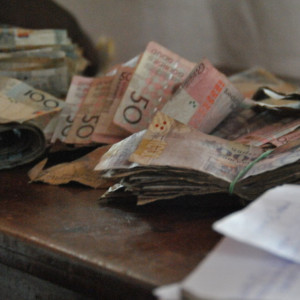
Tuesday Oct 12, 2021
Get Beyond Your Own Assumptions
Tuesday Oct 12, 2021
Tuesday Oct 12, 2021
Holly Radice reflects on 3 years of cash and voucher programming at CARE, where we've grown, and where we need to invest more. Working with cash and vouchers to ensure that we're supporting gender equality and reducing risks of GBV is possible, but it's also a challenge. Here are some places that we need to strengthen: get participants more involved in design, listen to feedback, and understand that you've always got different levels of skills and experience are some of her big recommendations. She also says we need to be patient with ourselves, and always learning more.
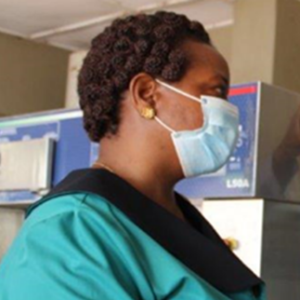
Friday Aug 27, 2021
Treat the System, Not the Disease
Friday Aug 27, 2021
Friday Aug 27, 2021
Amani Idfonce from CARE Tanazania talks about how reinforcing the whole health system--especially with community health workers--makes it possible to get an even better COVID response than focusing on the disease alone would have done. How did they manage it? They worked on aligning with existing priorities, thinking about infectious diseases more broadly, and remembered to keep regular services running. Read more about the project here.
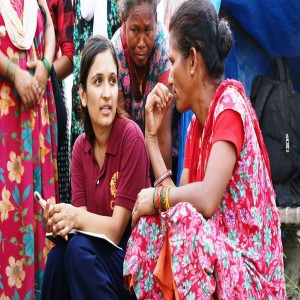
Tuesday May 11, 2021
We are not superior: lessons on working authentically with local organizations
Tuesday May 11, 2021
Tuesday May 11, 2021
Mona Sherpa from CARE Nepal reflects on lessons learned in responding to emergencies in true collaboration with local partners. "We are not superior. Learning has to go both ways," she says. It's not just about your plans on paper or your commitment to principles, but also your actions and your systems.
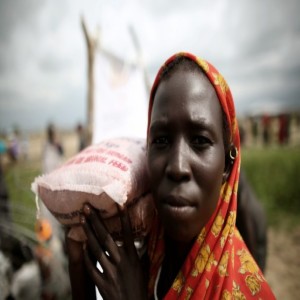
Friday Apr 09, 2021
Friday Apr 09, 2021
"Don't try to win for yourself. Try to win for impact." Rahul Chandran talks about what he terms the catastrophic failure of innovation in the humanitarian sector, why importing the Silicone Valley model of innovation and scale doesn't work, and how collective action and anti-racism are the only solutions. "Scale isn't about big" is just one of his provocations to the sector at large.
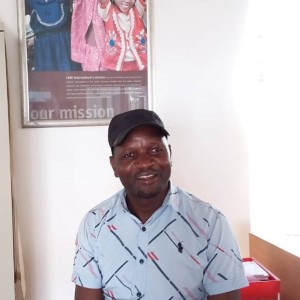
Thursday Nov 12, 2020
Data in the time of COVID
Thursday Nov 12, 2020
Thursday Nov 12, 2020
Clement Bisai from CARE Malawi talks about what he and his team are learning about how to do better remote data collection. Focus, listen to communities, and reflect regularly are his key takeaways. Don't expect to outsource everything. Digital remote data collection may be the best way to work in COVID-19, but we're already learning how to do it better.

